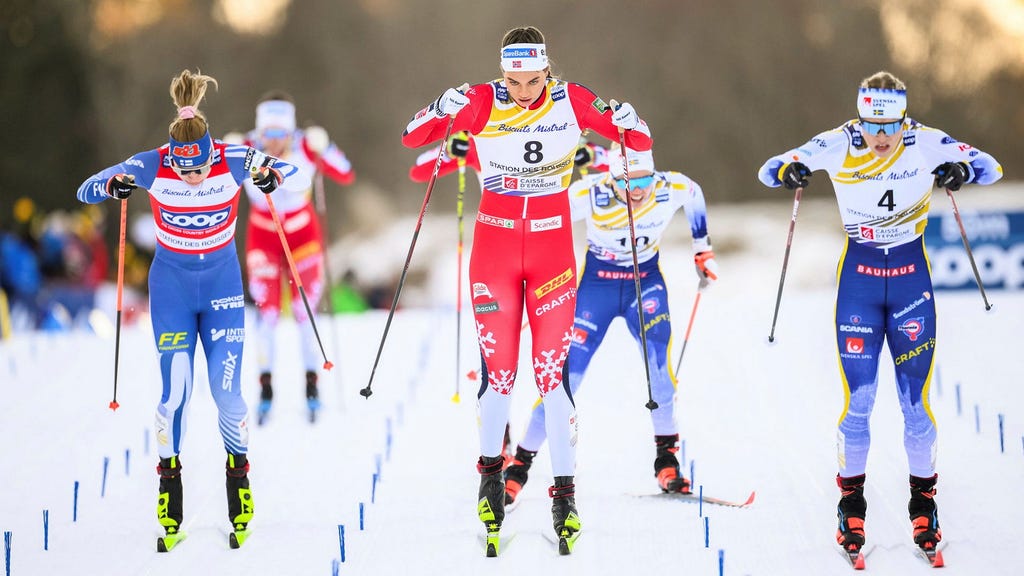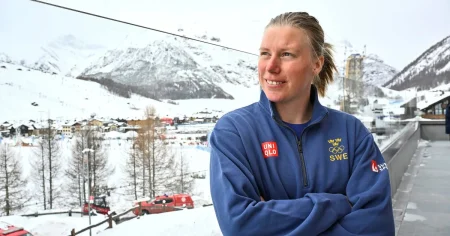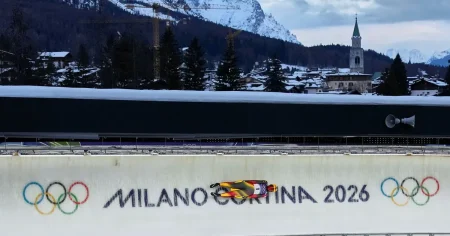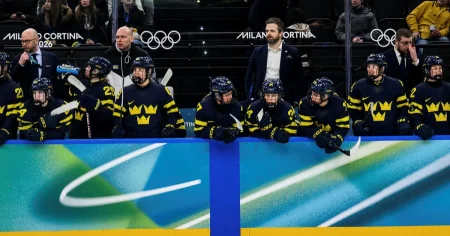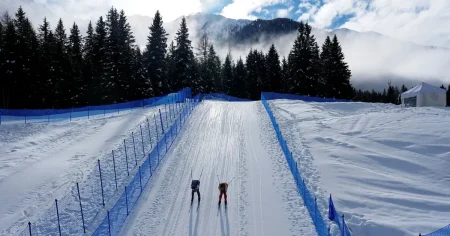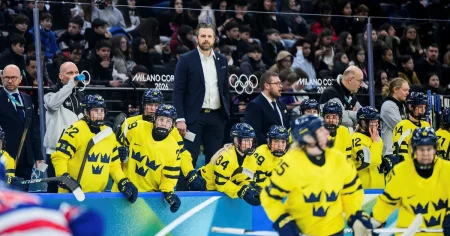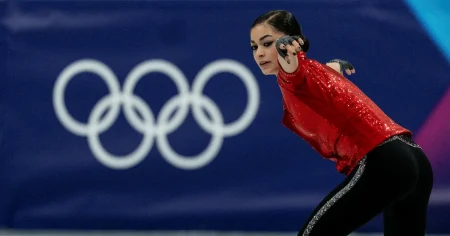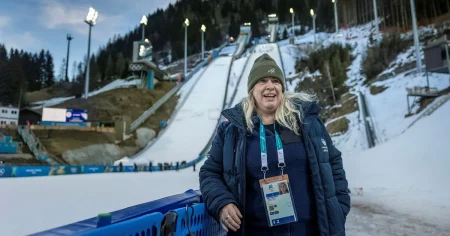Kristine Stavås Skistad, the Norwegian sprint specialist, made a triumphant return to competitive skiing in Les Rousses, France, after a delayed start to her season due to a stomach operation in the pre-season. Her comeback race in December had been underwhelming, but this performance emphatically erased any lingering doubts about her form. Stavås Skistad dominated the women’s classic sprint, outpacing a strong Swedish contingent in the final to claim victory. Her strategic positioning heading into the stadium proved decisive, allowing her to maintain a lead that her rivals couldn’t overcome.
The final featured a thrilling battle between Stavås Skistad and three of Sweden’s top sprinters: Maja Dahlqvist, Jonna Sundling, and Emma Ribom. Dahlqvist mounted the strongest challenge, unleashing a powerful finishing kick, but ultimately fell short of catching the Norwegian. Sundling, typically more comfortable in freestyle events, put in a commendable effort in the classic sprint but lacked the final surge to contend for the win. Ribom, unfortunately, struggled in the final and finished in sixth place. While the Swedes missed out on the top spot, their presence in the final underscored their continued strength in sprint skiing.
Despite the loss, the Swedish skiers expressed satisfaction with their performances. Dahlqvist acknowledged the crucial role of positioning, suggesting that a slightly improved position entering the final curve might have given her the edge to secure the victory. She viewed her performance as a positive sign of her current form. Sundling, acknowledging her relative weakness in classic technique, expressed delight with her result, labeling it her best classic race of the season. Her satisfaction stemmed from executing her race plan effectively and pushing herself to the limit within the constraints of her technical preferences.
The upcoming World Championship sprint in Trondheim, scheduled just over a month later, provides additional motivation for the Swedish team. The Trondheim sprint will be contested in freestyle, a discipline in which the Swedish women traditionally excel. This factor undoubtedly tempered any disappointment from the Les Rousses result, shifting their focus towards peak performance at the major championship. The experience gained from competing against strong international competition in Les Rousses will prove invaluable in their preparations for Trondheim.
Beyond the podium battle, the Les Rousses sprint also showcased the emergence of a promising young Swedish talent. 22-year-old Märta Rosenberg made a significant breakthrough, posting the third-fastest time in the qualification round. This strong start propelled her to the semifinals, marking the first time in her career that she had reached this stage in a World Cup competition. Rosenberg’s performance signifies the growing depth of Swedish sprint skiing and suggests a bright future for the young athlete.
The Les Rousses sprint provided a valuable opportunity for athletes to gauge their current form and refine their strategies ahead of the World Championships. Stavås Skistad’s resounding victory marked a successful return to competition after overcoming early-season setbacks. The Swedish team, while falling short of victory, demonstrated their continued strength in sprint skiing and gained valuable experience. Furthermore, the emergence of Märta Rosenberg added another layer of excitement to the Swedish sprint scene, promising an even more competitive future for the nation’s skiers. The results from Les Rousses undoubtedly set the stage for an exhilarating World Championship sprint in Trondheim.





